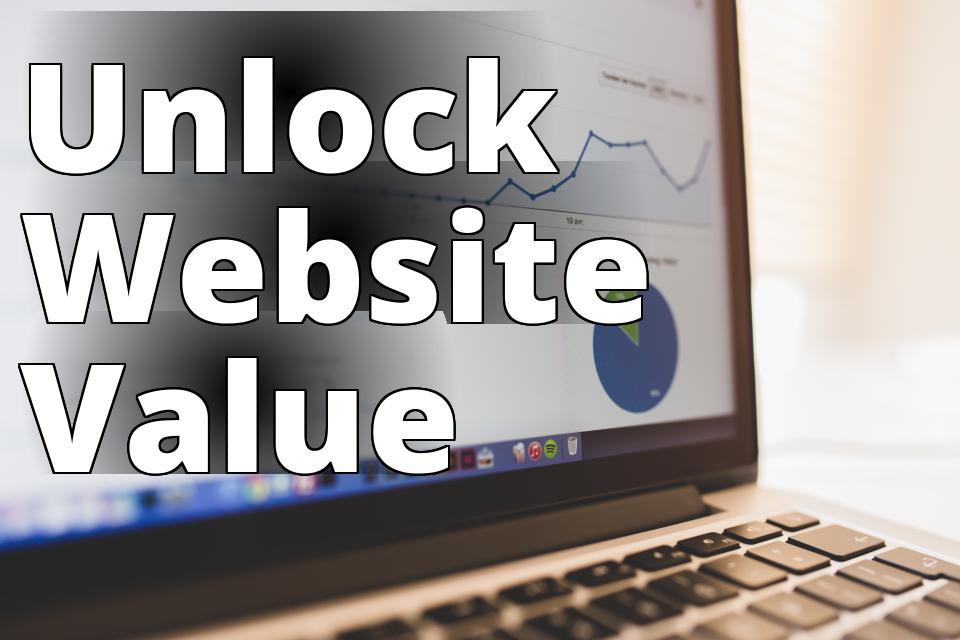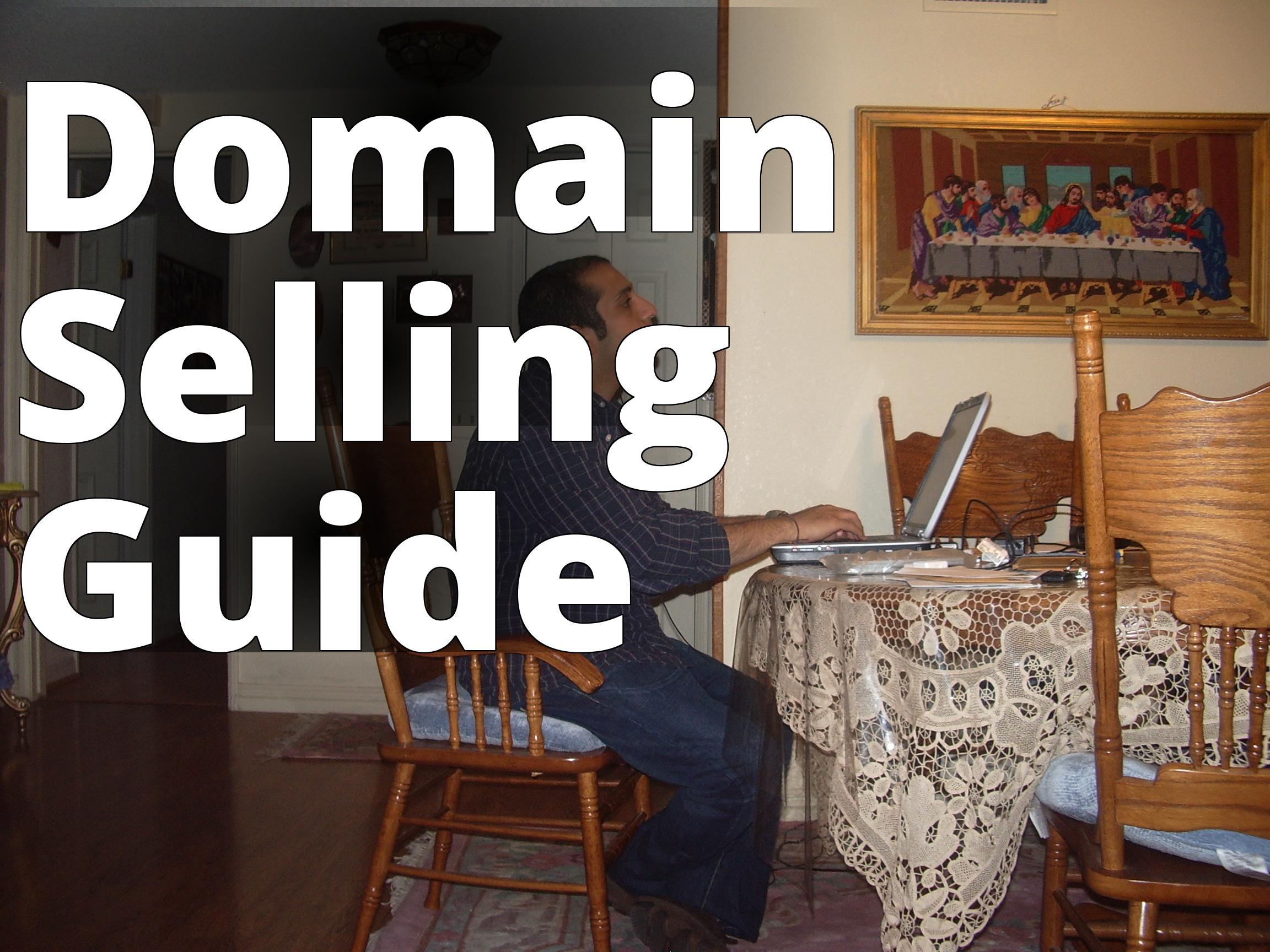In the digital gold rush era, where virtual real estate can be as valuable as its physical counterpart, understanding the worth of your website isn’t just smartit’s essential. Website valuation is not an arcane practice reserved for tech moguls and Silicon Valley insiders; it’s a pragmatic step forward for any digital entrepreneur looking to capitalize on their slice of cyberspace. Let’s cut to the chase: your website is an asset, and knowing its value is as crucial as knowing the worth of your home or car.
What You Need to Know About Website Valuation
By reading this article, you will learn:
– What website valuation is and why it’s important.
– How to determine your website’s value using tools, manual calculations, or professional appraisal.
– Strategies to increase your website’s value, such as boosting traffic and revenue, reducing expenses, and enhancing assets.
What is a website valuation?
At its core, a website valuation is the process of determining the monetary value of your site. It’s a complex dance of numbers and stats where revenue, traffic, and potential growth are choreographed into a single figure that represents what your website is worth in the market. But this isn’t just about slapping a price tag on your URL; it’s a multifaceted assessment that can influence decisions on selling, investing, or scaling your online business.
Why do you need to know your websites value?
Why obsess over your website’s valuation? Because knowledge is powerand in this case, financial power. Whether you’re planning to sell, seeking investment, or just curious, knowing your website’s value can inform strategic decisions that could lead to profitability and growth. It’s about leverage; understanding your site’s worth gives you an upper hand in negotiations and provides a benchmark for future enhancement.
How to determine your websites value
1. Use a website valuation tool
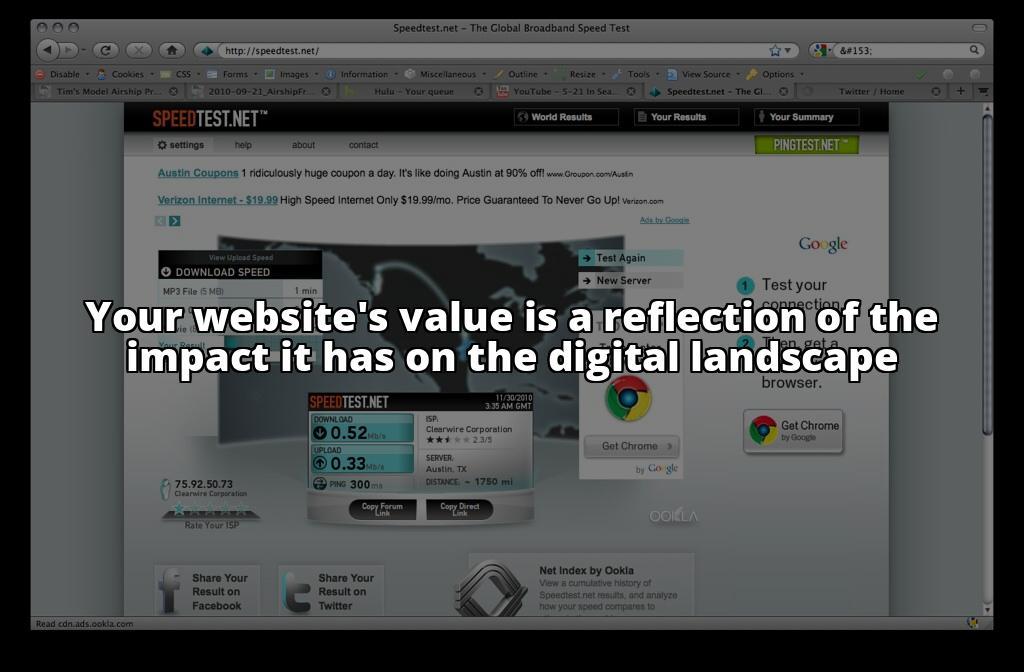
The digital landscape offers a plethora of tools designed to estimate the value of your website with a few clicks. These tools typically analyze your site’s traffic, earnings, and SEO metrics to produce a valuation. While they offer a quick and easy estimate, remember that they cannot factor in the nuances of your specific business model or market position.
Insider Tip: Always cross-reference valuations from multiple tools to get a more accurate average.
For a deep dive into the valuation process, you can check out this comprehensive guide.
2. Calculate your websites value manually
Step 1: Determine your sites monthly revenue
Your website’s earning power is the linchpin of its value. Revenue can come from various streams like product sales, advertising, affiliate marketing, or subscriptions. Calculate your average monthly revenue over the past 12 months for a stable estimate.
Step 2: Determine your sites monthly expenses
Running a website isn’t free. Factor in costs such as hosting, marketing, content creation, and any software subscriptions. Subtract these monthly expenses from your revenue to find your net income.
Step 3: Determine your sites monthly profit
Profit is what’s left after you’ve paid the bills. It’s the true indicator of your site’s financial health and a key figure in valuation. This is your monthly revenue minus monthly expenses.
Step 4: Determine your sites multiple
The multiple is a coefficient that reflects your website’s desirability and potential for growth. Factors influencing the multiple include the site’s age, niche, revenue consistency, traffic sources, and operational complexity. Multiples can range widely, but an average site might see a multiple of 20-40x monthly profit.
Step 5: Calculate your sites value
Now, multiply your average monthly profit by your site’s multiple. If your site makes $5,000 a month in profit and the multiple is 30, your site’s value would be $150,000.
3. Get a professional appraisal
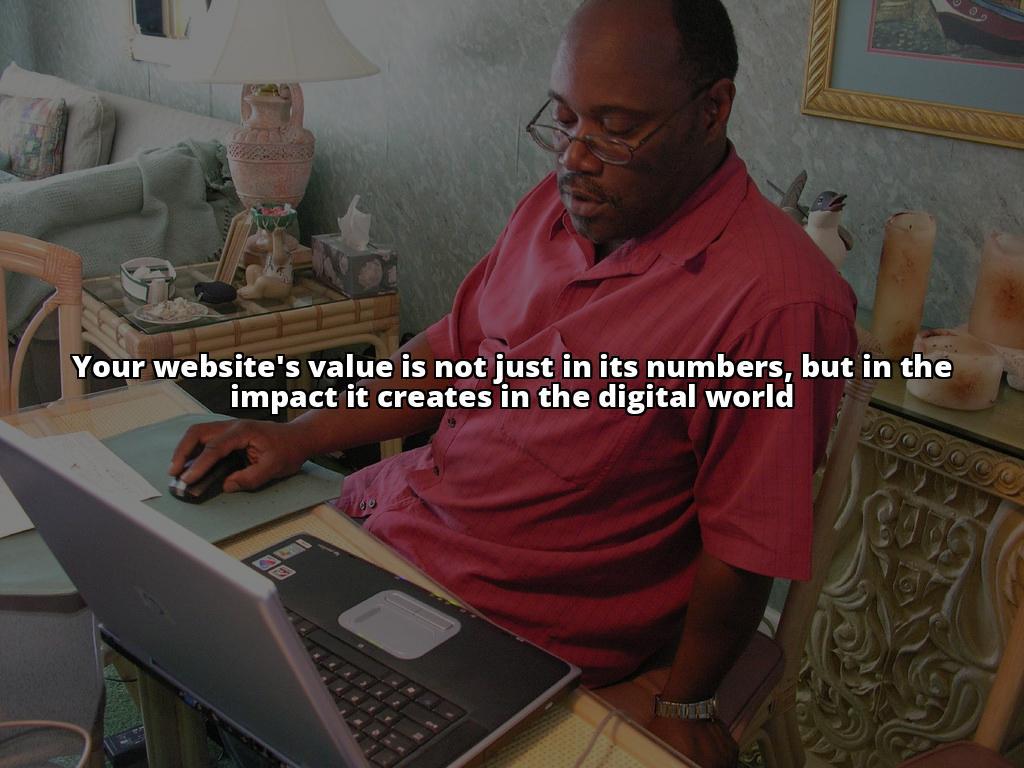
Sometimes, the human touch outshines algorithms. A professional appraiser can provide a nuanced and accurate valuation by considering factors that tools and manual calculations might overlook, like market trends and proprietary technology.
Insider Tip: Professional appraisals are particularly useful for unique or large websites where standard multiples may not apply.
How to increase your websites value
1. Increase your traffic
More traffic often means more revenue. Focus on SEO, content marketing, and social media engagement to boost your numbers. Remember, not just any traffic will do; aim for high-quality, targeted traffic that converts.
2. Increase your revenue
Diversify your income streams. If you rely solely on ad revenue, consider adding affiliate links or an e-commerce component. Experiment with pricing strategies and upselling techniques to maximize earnings from your existing customer base.
3. Decrease your expenses
Trim the fat without sacrificing quality. Optimize your hosting costs, renegotiate contracts with suppliers, and streamline your operations. Financial efficiency can significantly increase your profit margins.
4. Increase the value of your assets
Your content, domain name, email lists, and social followings are all assets that add value to your site. Enhance the quality of your content, invest in a memorable domain, grow your email list, and engage with your social media audiences to increase the intrinsic value of your online presence.
Real-Life Example: How Increasing Revenue Boosted My Website’s Value
As the owner of a popular lifestyle blog, I had always been curious about the value of my website. After using a website valuation tool, I learned that my site’s value was not as high as I had hoped. Determined to increase its worth, I focused on boosting my revenue through various monetization strategies.
Making Strategic Changes
I implemented targeted advertising, sponsored content, and affiliate marketing to increase my websites monthly revenue. By carefully analyzing my audience and working with relevant brands, I was able to significantly boost my income over a six-month period.
The Impact on Valuation
After diligently increasing my revenue streams, I decided to re-evaluate my websites value using the same valuation tool. To my delight, the sites value had substantially increased, reflecting the positive impact of the revenue growth on its overall worth.
This experience taught me the direct correlation between revenue and website valuation, and the importance of actively working to increase income streams to enhance the overall value of a website.
The bottom line
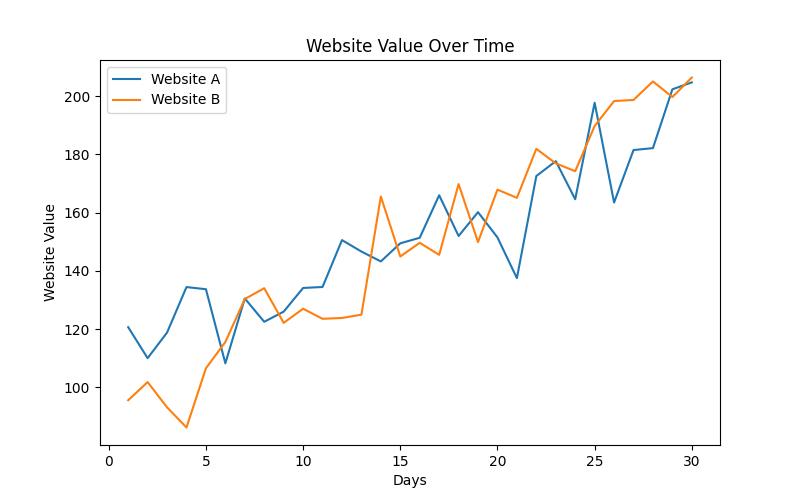
Website valuation is both an art and a science, blending cold hard data with the subtleties of market dynamics. Whether you’re looking to sell or simply aiming to grow, understanding the worth of your digital asset is a non-negotiable step in navigating the online marketplace.
In a world that’s increasingly virtual, your website’s value is a tangible metric of success. Treat it with the same seriousness as you would any other business asset, and you’ll be well on your way to maximizing your digital property’s potential. Remember, every edit you make, every post you publish, and every strategy you implement could be increasing your site’s value. Go forth and optimize!
FAQs
What factors determine a website’s valuation?
A website’s valuation is determined by factors such as traffic, revenue, growth potential, and industry trends.
How can I increase my website’s valuation before selling?
You can increase your website’s valuation by improving its traffic, revenue streams, user engagement, and overall market positioning.
Who can help me with the valuation of my website?
You can seek help from website brokers, valuation experts, or online valuation tools to assess the worth of your website.
What if my website’s valuation is lower than expected?
If the valuation is lower than expected, consider improving your website’s performance metrics and addressing any potential red flags.
How do buyers typically assess a website’s valuation?
Buyers typically assess a website’s valuation based on its financial performance, traffic sources, user demographics, and growth potential.
What should I do if I disagree with a valuation assessment?
If you disagree with a valuation assessment, you can seek a second opinion from a different valuation expert or provide additional data for consideration.

